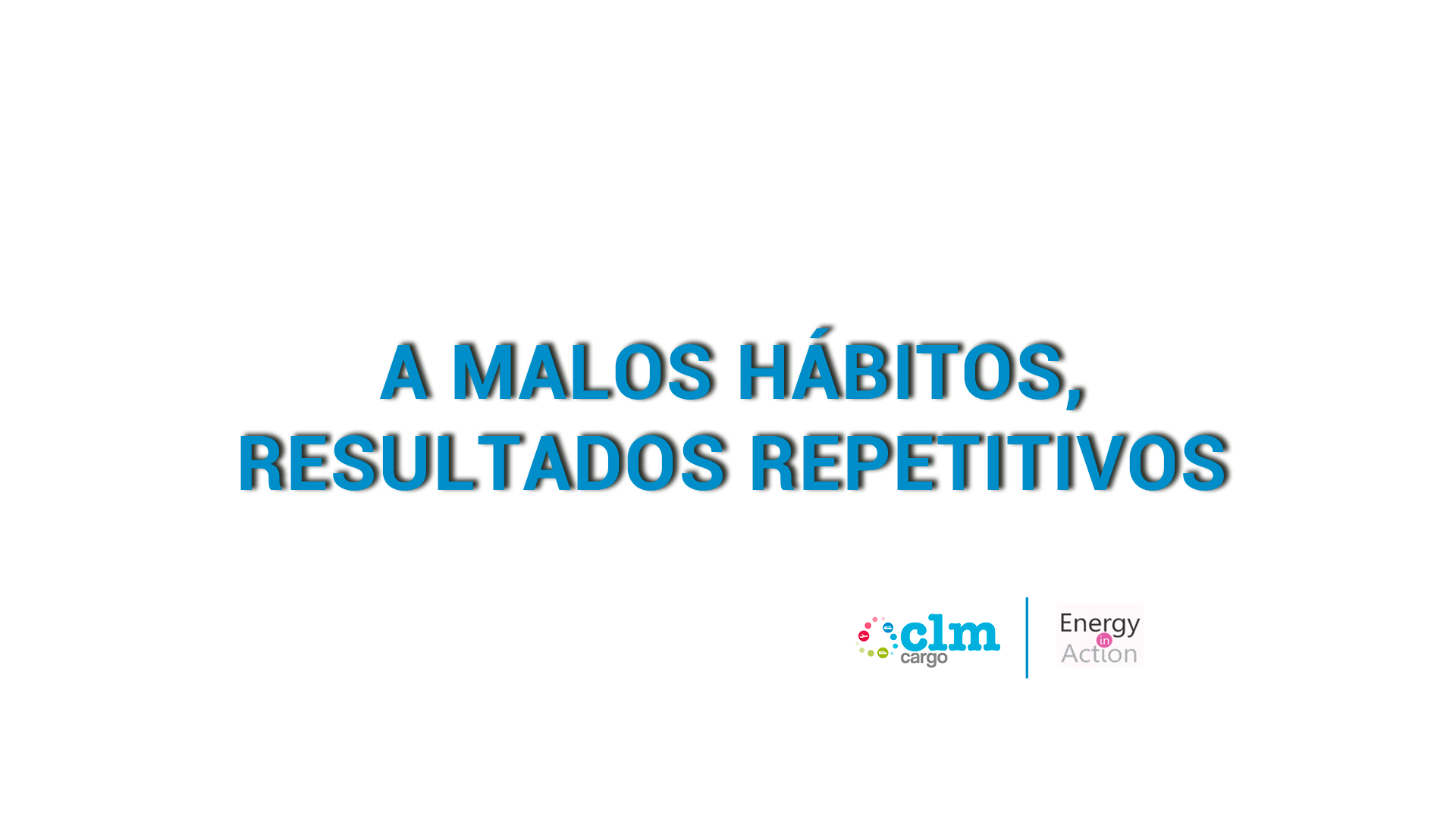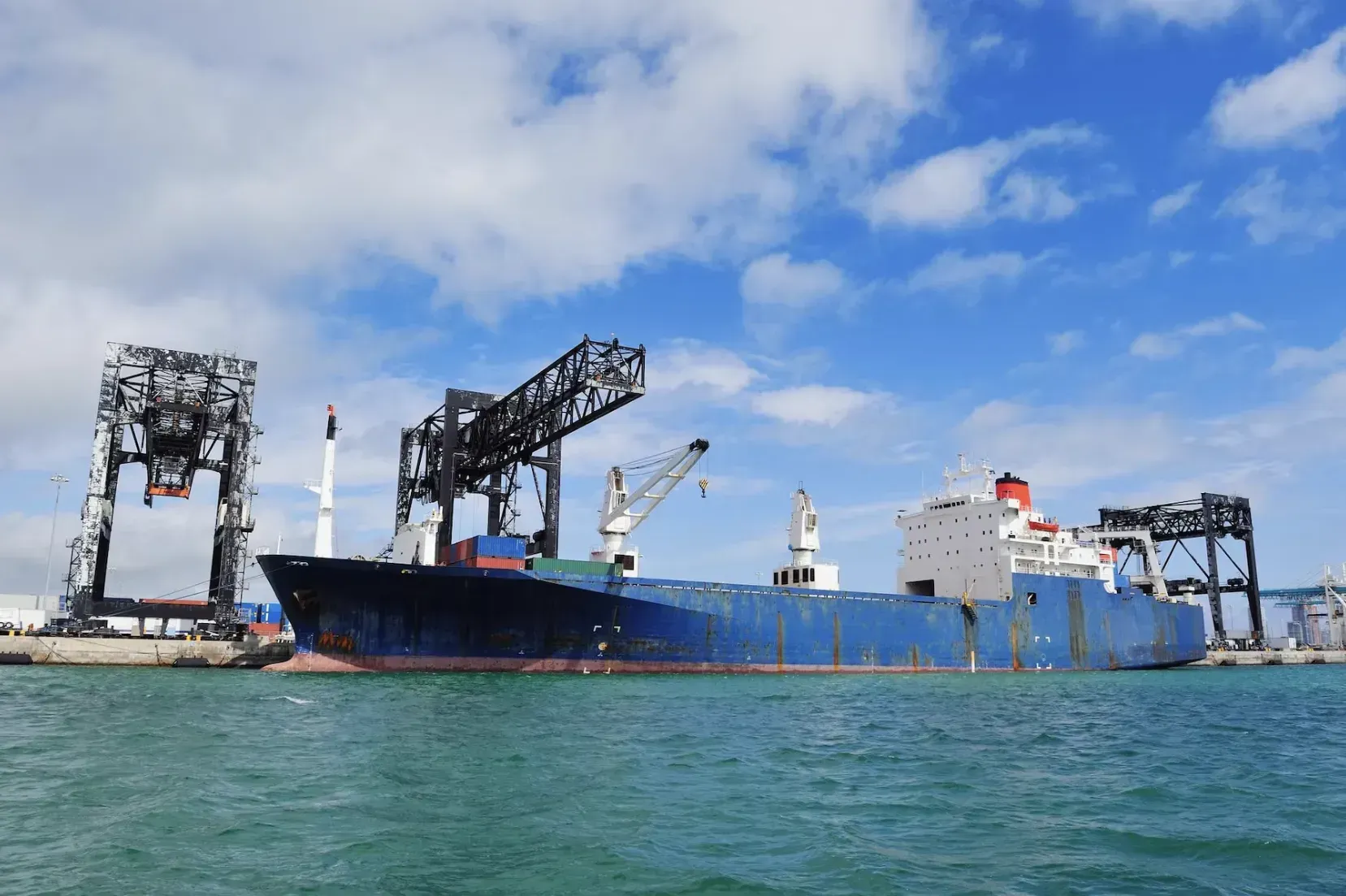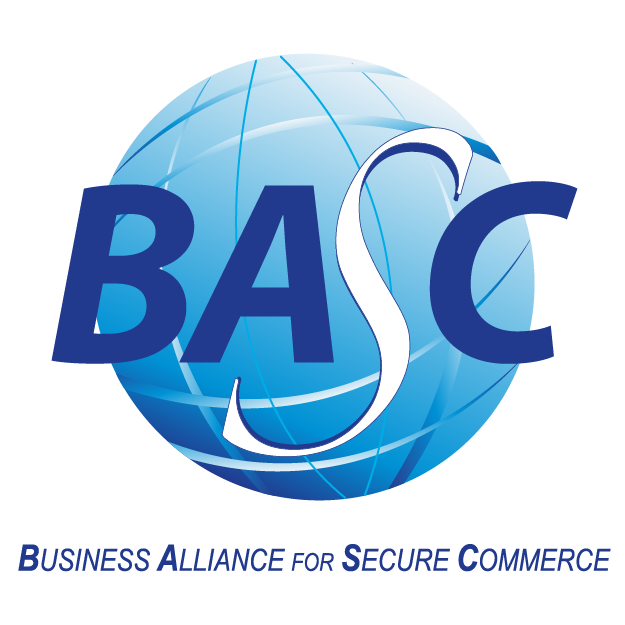Export controls in Colombia

Export controls in Colombia are essential for regulating international trade and ensuring compliance with legal frameworks. These procedures play a vital role in protecting both the country’s economy and environment. Proper implementation of export controls contributes to economic growth, guarantees sustainability, and enhances the global competitiveness of Colombian products.
Importance of Export Controls in Colombia
Export controls are fundamental to ensuring the quality and safety of goods shipped abroad. They also contribute to Colombia’s economic growth and environmental sustainability.
Contribution to Economic Growth
Strict export regulations play a key role in Colombia’s economic development. As companies comply with established standards, they gain access to international markets that value product safety and quality. This not only boosts trade opportunities but also helps generate employment. A robust regulatory framework enhances competitiveness and enables Colombia to position itself favorably in global commerce.
Environmental Sustainability Impact
Export controls promote sustainable practices that help protect the environment. By establishing clear and rigorous requirements for exporting companies, they ensure that products meet standards that minimize environmental harm.
Air Quality Protection
Regulations require exporters to manage their operations in ways that limit harmful emissions, thereby contributing to public health and environmental preservation. Meeting these standards also allows exporters to access markets that prioritize environmental responsibility.
Regulated Substances Management
Controlling the export of regulated substances is a critical aspect. Specific regulations help ensure that potentially hazardous goods are handled properly. This guarantees that exported products pose no threat to human health or the environment. Exporters must be well-informed about which substances are subject to oversight and the regulations that apply to them.
Legal Framework for Foreign Trade
Colombia’s foreign trade regulatory framework governs export activities to ensure compliance with local and international standards. This legal system supports the legality, sustainability, and competitiveness of Colombian trade.
Key National Laws and Regulations
- Law 1658 of 2013: Establishes control and management guidelines for chemical substances. Focuses on environmental protection and public health by requiring compliance with safety standards.
- Decree 2150 of 1995: Regulates export and import procedures, providing a clear framework for customs compliance.
- Law 87 of 1993: Recognizes the role of businesses in the national economy and promotes international competitiveness through a supportive legal structure.
Relevant International Regulations
Colombia adheres to various international regulations that shape its foreign trade policies:
- World Trade Organization (WTO) Agreements: Promote free trade and reduce barriers to ensure fair and equitable global commerce.
- Free Trade Agreements (FTAs): Colombia has signed several FTAs (e.g., with the United States and the Pacific Alliance), enabling access to international markets under favorable conditions by reducing tariffs and streamlining trade terms.
Recent Legislative Updates
In recent years, Colombia has made efforts to modernize its trade legislation in response to global commerce demands. These reforms aim to simplify export procedures and improve responsiveness:
- Administrative reforms have shortened customs processing times.
- Environmental regulations have become stricter, raising export product standards in alignment with global sustainability commitments.
Role of the Ministry of Commerce, Industry, and Tourism
The Ministry of Commerce, Industry, and Tourism (MinCIT) plays a central role in the regulation and promotion of Colombia’s foreign trade.
Key responsibilities include:
- Policy development: The Ministry formulates strategies to promote foreign trade while ensuring national and international compliance.
- Regulatory oversight: It supervises implementation of trade laws and identifies areas for improvement or adjustment.
- Exporter support: Provides technical guidance and advisory services to businesses navigating trade regulations, helping them access global markets more easily.
Institutional Roles in Export Processes
Coordination among institutions is essential for managing and overseeing export operations in Colombia. Each entity has a distinct role in ensuring that export practices comply with both national and international requirements.

Ministry of Commerce, Industry and Tourism
The Ministry of Commerce, Industry and Tourism is the central authority responsible for promoting foreign trade in Colombia. It formulates policies aimed at enhancing competitiveness and facilitating international commerce.
Its key functions include:
- Drafting export-related regulations
- Supervising and adjusting regulations according to market needs
- Developing export promotion programs
- Providing technical assistance to companies entering international markets
National Police and Their Role in Customs
The National Police play a critical role in ensuring the security and legality of exports. They help guarantee transparency and compliance at the point of departure.
Main responsibilities include:
- Verifying compliance with sanitary, phytosanitary, and security regulations
- Controlling export documentation to prevent illegal activities such as smuggling
- Collaborating with DIAN (Colombian tax and customs authority) to facilitate customs clearance
ProColombia and Its Support for Exporters
ProColombia is the agency responsible for promoting Colombian products abroad. It provides strong support to exporters and facilitates access to international markets.
Training and Advisory Programs
Training is one of ProColombia’s pillars. They offer a variety of programs to help companies understand export requirements and optimize their processes.
These initiatives include:
- Informative sessions on international trade regulations
- Practical workshops on technical aspects of exporting
- Personalized advice for identifying suitable foreign markets
Trade Missions
ProColombia organizes trade missions that allow Colombian exporters to connect with potential buyers abroad.
Objectives include:
- Facilitating direct commercial contacts
- Promoting Colombian products internationally
- Providing a platform for business negotiations and deal-making
Basic Export Procedures
Following basic export procedures is crucial for carrying out a legal and effective international trade operation. These steps ensure compliance with Colombian and international market requirements.
Registration with the Single Tax Registry (RUT)
The first step for exporters is to register with the RUT (Registro Único Tributario) through DIAN. This registration is mandatory and legally enables companies to engage in international commerce. Proper identification in the RUT is vital for meeting both tax and commercial obligations.
Obtaining Required Licenses and Permits
Before starting export activities, companies must acquire specific licenses and permits, depending on the nature of the product.
Required Export Licenses
Certain types of goods—such as chemicals or food products—require an export license. This document ensures the product meets national and international standards. The licensing process varies depending on the product category.
Sanitary and Phytosanitary Permits
Sanitary and phytosanitary permits are essential for products that may affect public health or the environment—especially food and plant-based items. These permits certify compliance with health regulations and promote safe trade practices.
Required Export Documentation
Proper documentation is a critical component of any export process. Missing or incorrect documents can cause delays or customs issues.
Commercial Invoice and Packing List
The commercial invoice outlines the transaction between exporter and buyer and must include all relevant product information, such as prices and terms of sale. The packing list complements the invoice by detailing the quantity and description of items being exported, helping customs authorities with inspection and clearance.
Certificates of Origin and Transport Documents
- A certificate of origin confirms the country where the products were made, which is important for customs tariffs and preferential trade treatment.
- The transport document (e.g., bill of lading or air waybill) confirms delivery of the goods to a carrier and is essential for tracking the shipment.
Customs Clearance Process
Customs clearance involves presenting export documents to DIAN. This step ensures all legal requirements are met before the goods leave the country.
- DIAN reviews documentation, assesses product value, and checks compliance with relevant regulations.
- Any irregularity may result in delays or product detention, making accurate documentation a critical factor in export success.
Challenges in the Export Process
Exporting from Colombia poses several challenges that can hinder access to international markets. These include bureaucracy, limited knowledge among SMEs, and constantly evolving global regulations.
Bureaucracy and Complex Procedures
Bureaucratic burdens are among the biggest barriers for Colombian exporters. The process involves multiple steps, from acquiring licenses to preparing proper documentation.
Common issues include:
- Administrative delays
- Unclear procedures leading to uncertainty
- Additional costs associated with red tape
Such challenges can discourage new exporters and reduce the international competitiveness of Colombian products.

Insufficient Training in SMEs
Small and medium-sized enterprises (SMEs) face a significant challenge regarding training. Many of these businesses lack qualified personnel who understand the complex regulatory and administrative framework of foreign trade. Without adequate knowledge, they are vulnerable to mistakes that can cost time and money.
Need for Technical Training
To overcome this barrier, SMEs must seek out training alternatives, such as:
- Courses on local and international trade regulations
- Administrative management training to streamline export processes
- Hands-on workshops on exporting and international commerce
Education and skills development are essential to raise the competence and readiness level of companies aiming to enter global markets.
Changing International Regulations
Exporters must also contend with the dynamic nature of international regulations. Requirements vary from country to country, and the inability to adapt may lead to sanctions or the inability to sell in certain markets.
In today’s fast-evolving global trade environment, staying current is more critical than ever.
Companies should stay updated on:
- Modifications to free trade agreements
- Changes in product safety and quality standards
- Importer-specific requirements for each target country
Anticipating regulatory changes can mean the difference between international success and facing trade barriers that hinder operations.
Benefits of Complying with Export Regulations
Meeting export compliance requirements offers Colombian companies a wide range of benefits that strengthen their global position and support sustainable economic development.
Improved Competitiveness and Market Access
Export compliance helps companies improve their global competitiveness. Key advantages include:
- Access to new markets and diversified customer bases
- Enhanced brand image aligned with international quality standards
- Increased commercial opportunities through participation in global trade fairs and expos
Compliant companies are also more likely to establish international business partnerships. This is vital in a globalized world that demands high standards in terms of quality and sustainability.
Reduced Legal Risks
Regulatory compliance significantly reduces legal risks. The benefits include:
- Minimization of penalties and fines that could impact financial performance
- Legal protection in case of commercial disputes by operating within the legal framework
- Strengthened trust among investors and regulatory authorities
Proper regulatory management provides a level of legal certainty that is fundamental for sustainable growth and long-term success in international markets.
Contribution to Sustainable Climate Action
Compliance with export regulations also means commitment to environmental sustainability. This commitment can be demonstrated in several ways:
Positive Impact of National Policies
Environmental policies stemming from a strong regulatory framework encourage responsible business practices:
- Reduction of the carbon footprint associated with export activities
- Incentives for adopting clean technologies in production processes
- Promotion of sustainable practices that respect biodiversity and natural resources
Achievements in the Sustainable Trade Agenda
By implementing regulations, companies contribute to national and international sustainability goals. Notable outcomes include:
- Development of products that meet globally recognized environmental standards
- Participation in initiatives promoting environmental and social responsibility in foreign trade
- Contribution to Colombia’s reputation as a responsible exporting nation
In this context, export compliance becomes a decisive factor that not only benefits individual companies but also promotes the well-being of the country and its environment.
















